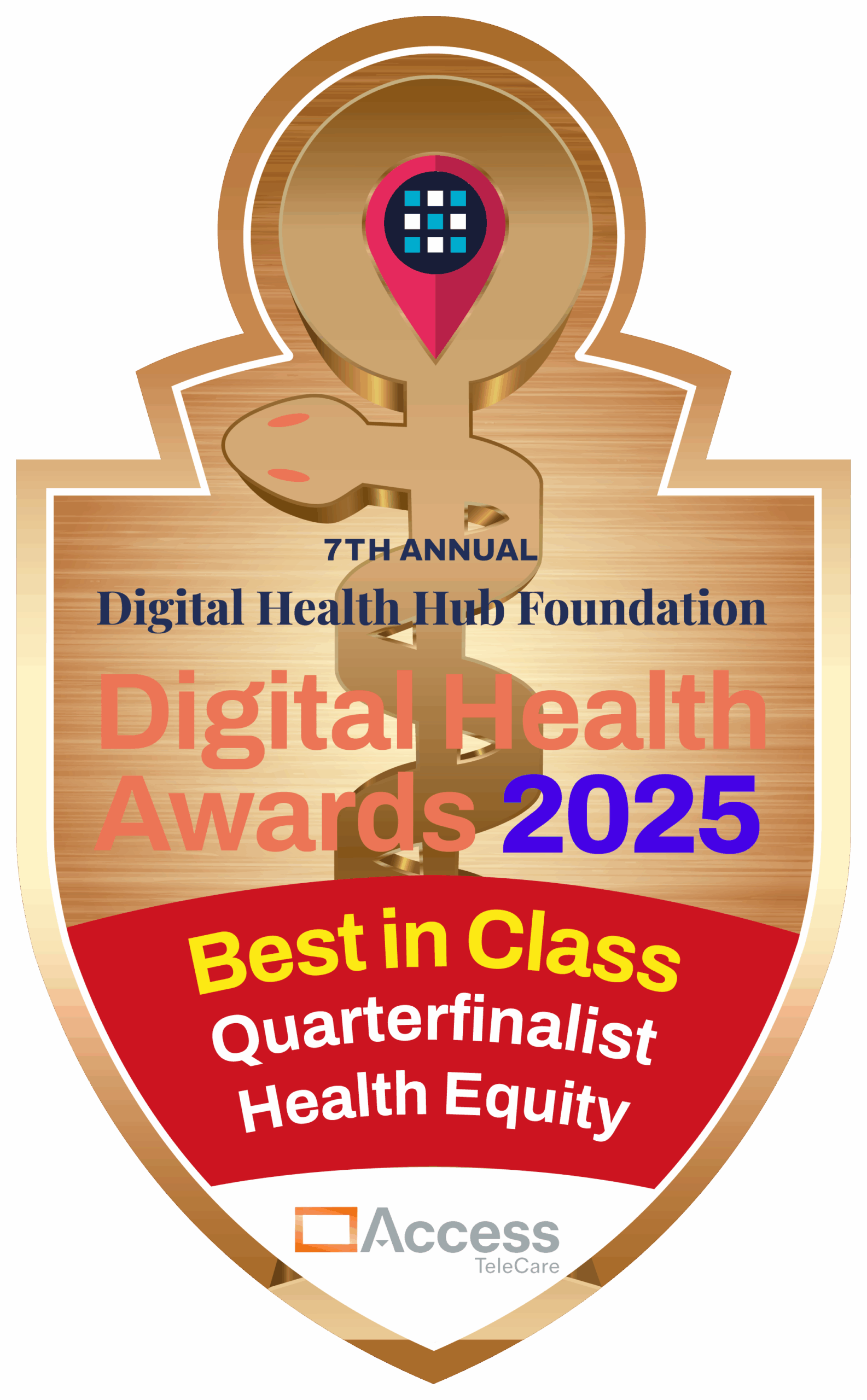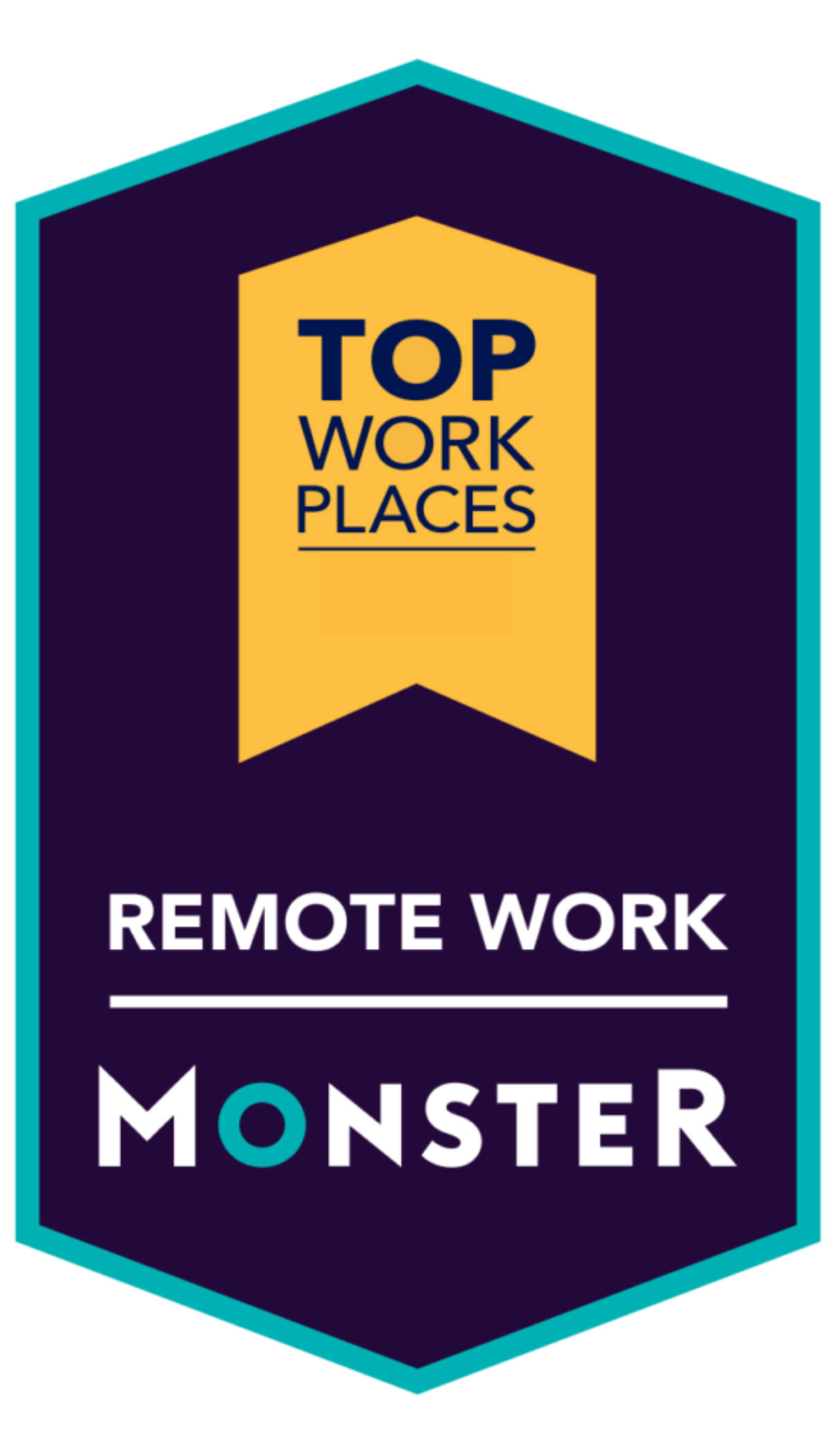With a virtual catchment area of 216 million Americans, Access TeleCare serves roughly 65% of the U.S. population, providing clinically excellent acute specialty care to many in rural and medically underserved areas.
DALLAS–(BUSINESS WIRE)–Access TeleCare, the largest national provider of acute specialty telemedicine for health systems nationwide, today highlighted the company’s continued momentum, innovation, and industry leadership as it enters its 20th year delivering virtual acute specialty care to patients across the country.
Access TeleCare is mission driven to improve patient lives through timely access to specialty providers through the use of tech-enabled clinical services. Acute specialty telemedicine has the power to address the most complex and challenging problems that hospitals face, providing access to world-class specialty care at the click of a button, significantly reducing the need for unnecessary transfers, keeping patients in their own communities near their families, and improving operational and financial performance.
“The majority of hospitals in the U.S. lack the resources to provide the specialty care patients need. Eighty-four percent of our patients are from medically underserved populations, underscoring the progress we’ve made through our deep commitment to provide timely access to world-class care to those who need it most,” said Chris Gallagher, M.D., CEO of Access TeleCare. “As we celebrate our 20th anniversary at Access TeleCare, we remain committed to improving the healthcare delivery system and expanding high-quality patient care to more communities in the years ahead.”
With nearly 7 million patient encounters, Access TeleCare provides virtual specialty care that is accessible to 65% of Americans across 15,000 zip codes and has implemented over 2,300 telemedicine programs across all 50 states. By partnering with 19 of the 25 largest health systems in the U.S. and smaller rural and community hospitals across the country, Access TeleCare eliminates geographical barriers to specialty care needs through their behavioral health, neurology, hospitalist medicine, pulmonary and critical care, maternal-fetal medicine, infectious disease, cardiology, and nephrology service lines.
After 20 years of delivering acute specialty telemedicine solutions, Access TeleCare has developed a rigorous quality framework to ensure optimal patient safety. As the first and longest-standing telemedicine organization to receive The Joint Commission’s Gold Seal of Approval, Access TeleCare is leading the way as the standard bearer of clinical excellence in telemedicine.
Improving business for hospitals around the country
Access TeleCare empowers a nation-wide network of world-class physicians and Advanced Practice Providers (APPs) with telemedicine to solve some of the biggest challenges in healthcare: an alarming shortage of physicians, significant financial pressures, and the flexibility to meet the needs of both rural and urban hospitals:
- Palo Pinto General Hospital: After successfully deploying pulmonary and critical care telemedicine, the hospital expanded its service lines to include infectious disease and outpatient pulmonology. Palo Pinto reduced patient transfers by up to 40% and increased its ICU average daily Census by 30%.
- Piggott Health System: Offering expert access to inpatient pulmonology, cardiology, infectious disease care, and outpatient neurology care, Piggott has more than 100 monthly initial consultations with Access TeleCare specialists, enabling a significant reduction in outbound patient transfers and increased emergency room visits to more than 7,000 last year – doubling the 3,500 visits reported by the hospital just a few years prior.
- UnityPoint Health launched a multi-hospital solution for its neurology and behavioral health care services in 2017 with three hospitals, which has expanded to eight hospitals across two markets. Access TeleCare’s fully integrated specialists and easy-to-use technology allowed for the seamless implementation of multiple specialty programs and achieved significant financial benefits, including a more than 300% increase in neurology revenue, a 11.87-hour reduction in average length of stay for behavioral health patients, and an ROI of 281% through reduced ED boarding costs.
Earlier this year, Access TeleCare announced a two-year project in partnership with UT Southwestern, supported by the American Heart Association, to evaluate options to improve the care of patients with heart failure in rural communities nationwide. The company also expanded its leadership team in 2024, with the appointment of Dr. Blake Porter to Chief of Maternal-Fetal Medicine in response to growing demand. Lauren Ingram was promoted to Chief of Advanced Practice Providers to enhance the quality of local care via telemedicine with her team of APPs, who collaborate closely with physicians and on-site care teams to serve more patients in need.
The physician-led company continues to expand its leadership and capabilities based on the evolving needs of patients, communities, and hospitals nationwide. The future is bright for acute specialty telemedicine as a meaningful solution to some of healthcare’s most pressing challenges.









